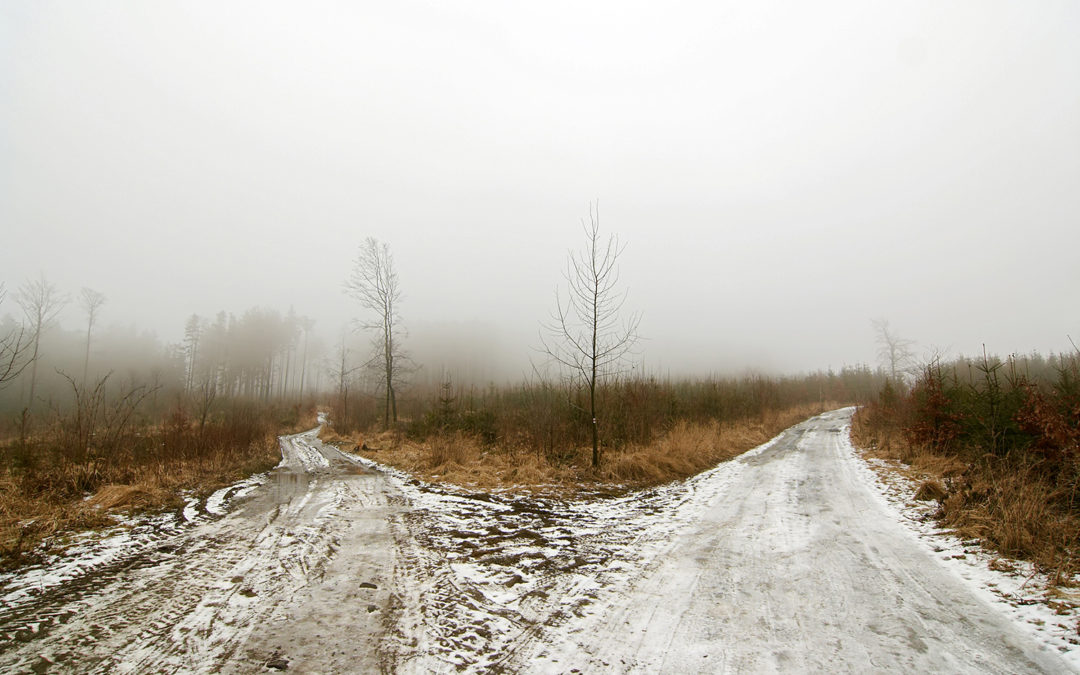
To Divest, or Not to Divest?
To Divest, or Not to Divest?
It’s no secret that effective funding is a constant challenge. As a matter of fact I’ve talked about the many challenges we face at the University of Nebraska as we grow, develop, and look to the future. States have cut funding. Educational programs are in need of resources. And the last thing we want to do is shift that burden onto students in the form of tuition hikes.
There are other avenues and options for how the university finds funding, and one of them is very… interesting.
Divestiture.
Strictly speaking, divestiture is the action or process of selling off subsidiary business interests or investments. Practically speaking, it’s a lot more complicated than just that.
It’s a financial piece of the puzzle that is little understood, and I understand why. There is more to consider than simply the price that shares or stock would fetch. Let’s use the coal industry for an example. If you’re holding stock in a coal company and you sell that stock, you’re not only getting rid of them, you are also not planning to buy more stock in that company in the future.
Creighton comes to mind, because Creighton students recently went to their university president with proposals to divest of fossil fuel companies. They care deeply about the need to address climate change and are thinking creatively about the many ways they can have an impact.
To see groups of students invested in understanding the heavily complex workings of university systems – especially when it comes to a very dry topic like divestiture – and then getting involved is highly encouraging.
In many ways divestiture can be a good thing, but these decisions also have a wide impact on a lot of people. Maybe the trickiest part of selling stock is having to find replacements for anything we divest. We have a fiduciary responsibility to the school and the whole community.
All told though, I think it’s exciting to have students care enough to want to do something, and it creates a learning experience for everyone. Taking coal, for example, if we were to look at that kind of divestiture, maybe we’d be thinking more about what we can learn about green tech and replacements for coal. It’s healthy to ask big questions, and it can lead to opportunities that fit the university’s budget as well as our vision for the future.
I’m not sure what the answer is exactly, but I don’t mind not knowing, as long as we’re asking the right questions to figure it out together.
*Barbara’s thoughts as written by Kate based on weekly (fascinating) conversations.





